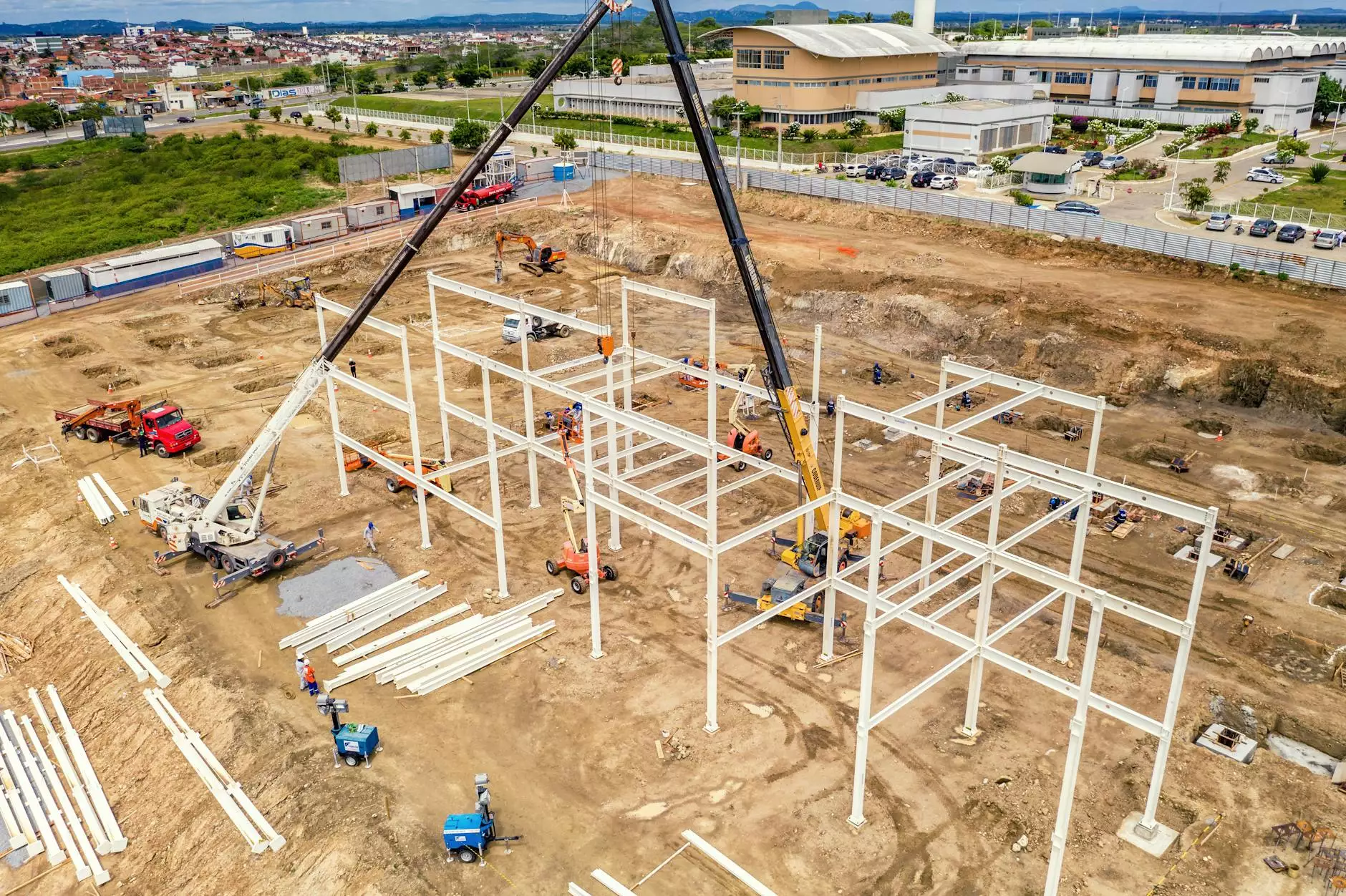5 Ways EdTech will Shape Healthcare Education in 2021
Blog
Introduction
Welcome to CI Advertising's blog, where we explore the latest developments in the world of healthcare and education. In this article, we will explore the exciting potential of educational technology (EdTech) to transform healthcare education in 2021. As a leading provider of marketing and advertising services in the business and consumer services industry, we understand the importance of staying ahead of the curve in adopting innovative tools and strategies.
1. Virtual Reality (VR) Simulations
One of the most groundbreaking advancements in healthcare education is the use of Virtual Reality (VR) simulations. With VR, healthcare professionals can recreate realistic scenarios and provide hands-on training experiences that were previously impossible or difficult to replicate. By immersing students in lifelike situations, VR simulations enhance critical thinking abilities and decision-making skills.
The Benefits of VR Simulations:
- Realistic hands-on training experiences
- Improved critical thinking and decision-making abilities
- Enhanced retention of knowledge and skills
- Opportunity for repeated practice in a safe environment
- Cost-effective alternative to traditional training methods
2. Augmented Reality (AR) Applications
Another exciting frontier in healthcare education is the integration of Augmented Reality (AR) applications. AR overlays digital information onto the real world, allowing students to interact with virtual objects and animations in real-time. This technology enables a deeper understanding of complex medical concepts and fosters interactive learning experiences.
The Advantages of AR Applications:
- Interactive learning experiences through virtual object manipulation
- Enhanced visualization of anatomical structures and medical procedures
- Improved engagement and retention of information
- Opportunity for remote collaboration and real-time guidance
- Integration of theoretical knowledge with practical applications
3. Artificial Intelligence (AI) for Personalized Learning
Artificial Intelligence (AI) is revolutionizing the way healthcare education is personalized and adapted to individual learners. AI-powered algorithms analyze learner data and provide personalized recommendations, tailored study plans, and adaptive assessments. By catering to each student's unique needs and learning style, AI ensures optimized learning outcomes.
The Transformative Power of AI in Education:
- Personalized study plans and adaptive learning experiences
- Efficient identification of knowledge gaps and targeted interventions
- Real-time feedback and progress tracking
- Continuous adaptation to individual learning styles and preferences
- Increased efficiency and effectiveness of education delivery
4. Gamification in Healthcare Training
Gamification, the integration of game elements into non-gaming contexts, has gained significant traction in healthcare education. By incorporating game mechanics such as rewards, competition, and leaderboards, educational platforms transform mundane learning tasks into engaging experiences. Gamified learning motivates and encourages active participation, making complex medical concepts more enjoyable to master.
The Benefits of Gamified Healthcare Education:
- Increased learner motivation and engagement
- Enhanced knowledge retention through interactive challenges
- Intrinsic and extrinsic reward mechanisms for achievement recognition
- Opportunity for peer collaboration and healthy competition
- Development of problem-solving and critical thinking skills
5. Mobile Learning and Microlearning
In today's digital age, mobile learning and microlearning have emerged as effective strategies for delivering healthcare education. With mobile devices becoming ubiquitous, learners can access educational content anytime, anywhere. Microlearning, the delivery of bite-sized modules, enables learners to consume information in short, focused bursts, making learning more easily digestible and convenient for busy healthcare professionals.
The Advantages of Mobile Learning and Microlearning:
- Flexibility and convenience of accessing educational content on mobile devices
- Optimized learning experiences through short, focused modules
- Efficient utilization of available time, particularly for on-the-go professionals
- Seamless integration of multimedia elements for enhanced engagement
- Continuous access to up-to-date medical information and research
Conclusion
As we move forward in 2021, the integration of EdTech in healthcare education is poised to reshape the industry. Virtual Reality (VR) simulations, Augmented Reality (AR) applications, Artificial Intelligence (AI), gamification, mobile learning, and microlearning are just a few examples of the innovative tools that are revolutionizing healthcare education. At CI Advertising, we recognize the transformative potential of EdTech and are dedicated to assisting the healthcare community in embracing these advancements to provide high-quality education.




